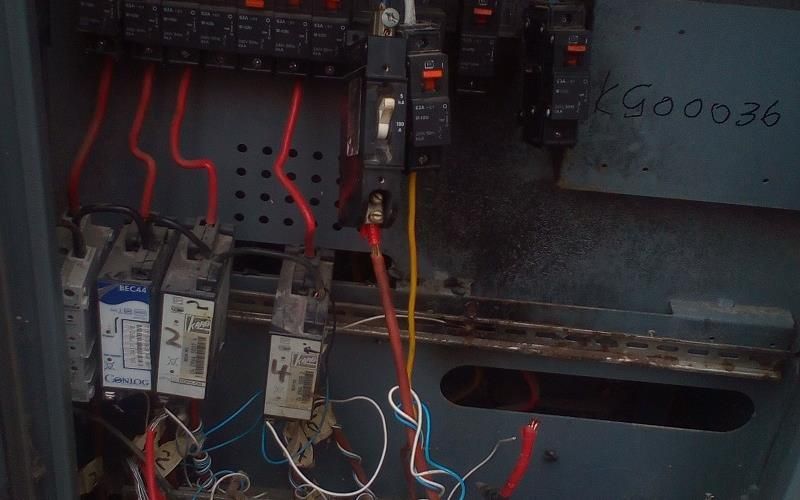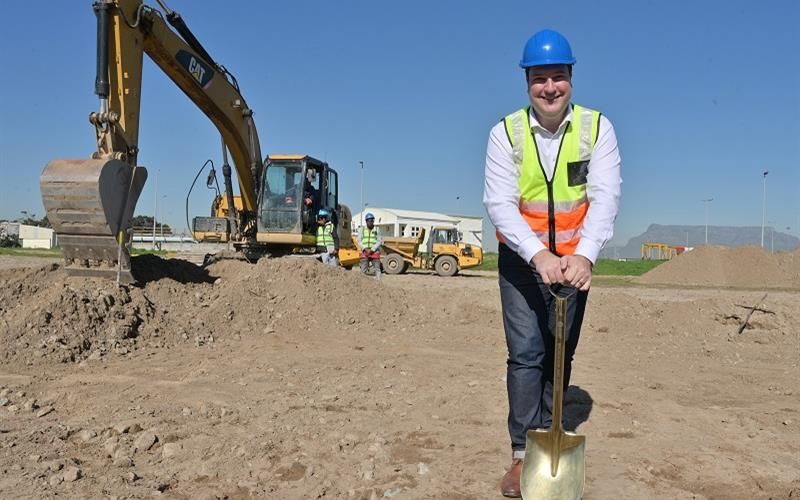The City’s Energy Directorate has reported a troubling increase in incidents of electricity theft, vandalism, and illegal connections in the second quarter of 2023. The South region of the city, particularly Mitchells Plain, has been the most affected, with over 63 incidents reported. However, recent positive changes in several areas reflect the impact of community efforts and newly implemented initiatives.
Reduction in Incidents
Although May 2023 saw the most significant number of incidents, a substantial drop followed in the ensuing month. Places such as Mowbray, Atlantis, Bloemhof, Muizenberg, Wynberg, Parow, Helderberg, and Oostenberg all recorded fewer than five incidents each in June. This decline in previously high-risk areas indicates the effectiveness of the City’s recent interventions.
Energy Safety Team
In the early part of the year, the City established the Energy Safety Team, a dedicated unit to support law enforcement agencies and South African Police Service (SAPS) in safeguarding vital electricity infrastructure. The team enhances the monitoring of essential infrastructure and bolsters on-the-ground teams in communities.
Infrastructure Repair Costs
Approximately R4 million was spent on repairing and replacing damaged electricity infrastructure in the last quarter. While the data reveals improvements in several hotspot regions, the City plans to refocus its efforts on newly identified problem areas. The majority of the reported incidents involve damage to kiosks and streetlights, stolen cables, and illegal connections. The City’s teams strive to attend to vandalized streetlights as quickly as possible, considering the municipality’s responsibility for over 245,729 streetlights and its high burn rates.
Public Support
The City’s unwavering commitment to protecting vital infrastructure ensures the provision of reliable electricity to communities. Public support has proven instrumental in identifying risks and safeguarding infrastructure. Councillor Beverley van Reenen, the City’s Mayoral Committee Member for Energy, expressed gratitude to residents for their continued support while urging communities to report incidents to both the City and SAPS.
Reporting Channels
To facilitate the reporting of damage to municipal electrical infrastructure, the City has set up various channels for residents. People can report incidents via SMS by texting 31220 or through email at power@capetown.gov.za. The City also encourages anonymous tip-offs and offers a reward of R5,000 for information leading to arrests. To provide an anonymous tip, individuals can call 0800 1100 77.
By working together, the City and its residents can continue to identify and address electricity vandalism and illegal connections, ensuring a safer, more reliable power supply for all.








